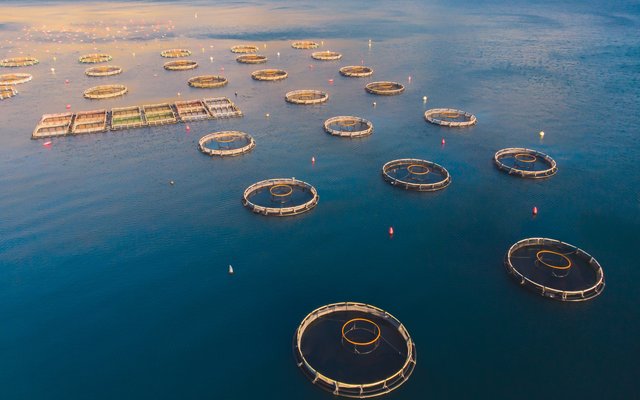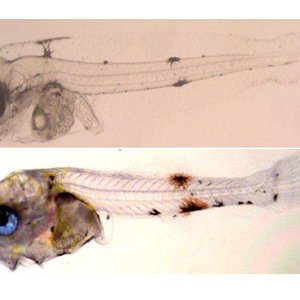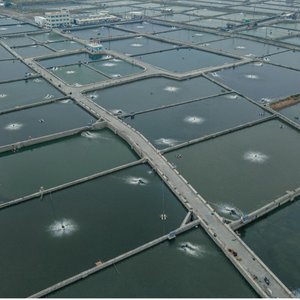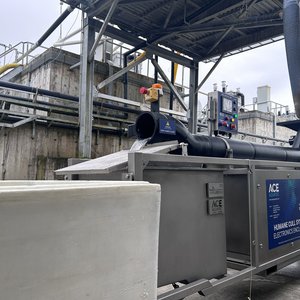Uvaxx, a subsidiary of Barramundi Group and the Agency for Science, Technology and Research (A*STAR), together with A*STAR Infectious Diseases Labs - ID Labs, has successfully developed a novel epitope-based vaccine that can defend against the Scale Drop Disease Virus (SDDV) infection in Asian sea bass, Barramundi.
“Through our 12 years of experience working with farmers to provide veterinary services and fish health solutions, we have witnessed the severity and devastation caused by SDDV. Until today, there were no commercially available solutions. We are proud to be on track to be the first to bring the solution to market,” UVAAX said.
The epitope-based technology in vaccines is novel in fish health applications, as conventional fish vaccines typically use inactivated or attenuated virus vaccines. By combining specific parts of the virus known as epitopes that trigger immune responses, the vaccine aims to strengthen the fish's natural defences against the virus.
“The vaccine development process comprised developing the virus infection model, developing advanced lab systems to study the virus, detailed mapping of viral proteins to identify immune triggering parts, rigorous lab trials and efficacy analysis,” said Ken Loh, senior scientist at A*STAR ID Labs.
“Derived from pathogen proteins, the epitopes are the targets of specific arm of the immune system such as antibodies that neutralize viral particles, and killer cells to directly eliminate infected cells and regulate the immune responses. In many ways, this epitope-based vaccine design is novel for the aquaculture sector and we are energized and committed to identify more use cases of this technology together with Uvaxx,” said Professor Renia Laurent Claude Stéphane, A*STAR senior fellow.
The vaccine has an efficacy rate of 75% and will be integrated into routine operations at hatcheries and fish farms, according to Uvaxx.
The next steps will involve translational research to bring the product to market, conducting commercial-scale field trials with local farm partners and concurrent assessment of vaccine safety and efficacy throughout the process, setting up the vaccine manufacturing process and securing regulatory approval.
Efficacious vaccines remain the most critical tool for enabling a paradigm shift in aquaculture disease management from a reactive to preventative approach and transforming farm production unit economics. The epitope-based vaccine technology is novel in fish health applications and can be adapted to counter emerging viruses in other fish species.













